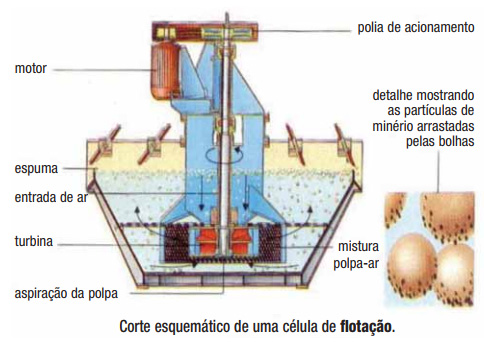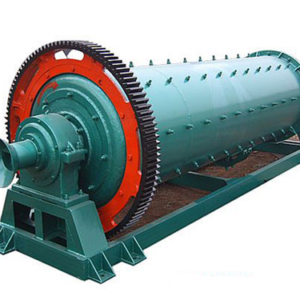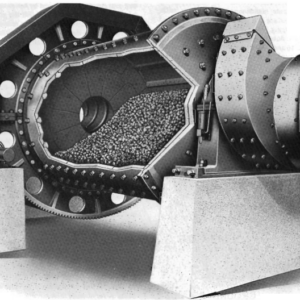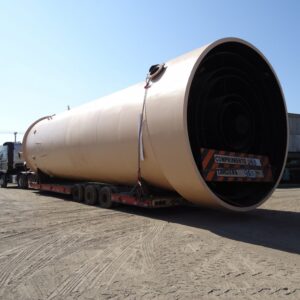The characteristic that some types of minerals have to capture air bubbles inside them is called hydrophobicity, which would mean something like fear of water. But in the case of chemistry, in a non-literal sense of the word, it refers to apolar substances which, because they are not polar like water, end up repelling it.
However, most known types of minerals have hydrophilic behaviour, ie do not repel water, because they are also polar and interact with it at the atomic level.
What is Flotation?
Perhaps the most comprehensive definition of flotation would be the float act. The word comes from the verb float, which means float. Therefore, after crushing and milling the ore, something like a “clay” rich in ores would be dumped into the flotation cell, where it would have some impurities separated from the final product obtained in the flotation process.
The step by which the flotation cell in the mining is responsible and made through the application of the collector with the later application, in some cases, of the sparkling, used according to some variables such as production, capacity and available capital.
Flotation cell in mining
How Mineral Flotation Cell Works
The process of separation of ores and their impurities in mining is obtained by the crushing and milling of ores, which are then dumped into the flotation cells next to the oil, which promotes the formation of the ore particles in the ore. When adding water to the mixture, the oil, less of this, floats and is drained to the ore, which will become apolar, will be part of the assembly, leaving the impurities in the bottom of the flotation cell.
History of the flotation process in mining
With the effectiveness and efficiency of the flotation process already demonstrated through diverse experiences in the mining sector and the realization that most of the equipment was imported, it was felt the need to invest in a national industry, a process known as nationalization, driven , mainly in the Vargas Era, both in the area of services and in the area of products.
In the case specifically of Brazil, many mining equipments, including the flotation cell, although produced in the country, were often made by subsidiaries of foreign companies.
With the political dispute between Farquhar and Vargas over the economic course of the country, it became increasingly difficult to have mixed capital companies, foreign and national, and the then president eventually stating Vale do Rio Doce and for making Petrobrás unfeasible as a private company
History of Viga, a metalworking company
It was in this scenario that, shortly thereafter, Viga was born as a metalwork company in the context of World War II. Vito Gaggiato, dismissed from the current service to give space to his brother during a “family, a job” policy in Italy, saw in an immigrant propaganda fair sponsored by Vargas the opportunity to come to Brazil with several promises, which, as we well know, have proved not so true. However, the founder of Viga faced all challenges with dexterity and today is known as the soul of this company producing flotation cells.






